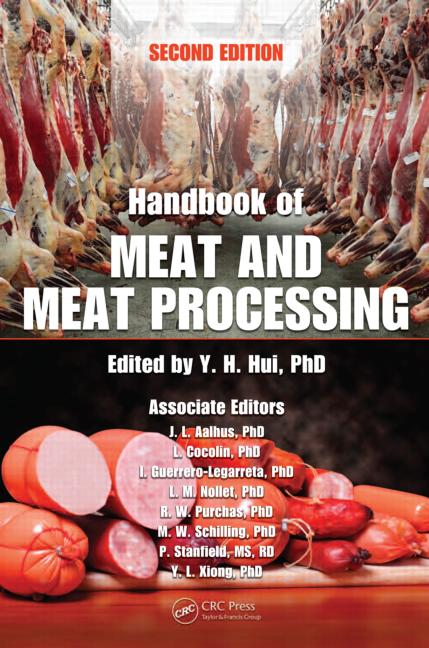The American Meat Science Association (AMSA) has announced that James Hodges, president of the American Meat Institute Foundation; Dr. Randall Phebus, associate professor of animal sciences and industry, Kansas State University; Dr. Harshavardhan Thippareddi, associate professor, Food Science and Technology Department, the University of Nebraska and Dr. Joe Regenstein, professor, Food Science, College of Agriculture and Life Sciences (CALS), Cornell University will be the speakers at the AMSA Reciprocal Meat Conference (RMC) Hot Topics Session on Wednesday, June 20. Hot Topics is sponsored by Pfizer Animal Health.
Presentations by these speakers will focus on these topics.
-
USDA’s New Shiga Toxin-Producing Escherichia coliPolicy.
(Jim Hodges) In one of its most controversial decisions, USDA will implement a new Shiga toxin-producing Escherichia coli (STEC) policy on June 4, 2012 when serogroups O26, O101, O45, O111, O121 and O145 will be declared adulterants in non-intact raw beef products. The public health benefit of the new policy is unknown and uncertainties exist about how the new policy will be implemented and enforced. Technical, trade and logistical concerns must be addressed, too. Hodges will explore the facts and fiction regarding the development and implementation of the new policy. -
Shiga Toxin-producing E. coli(STEC) - a Multi-Disciplinary, Multi-Institutional Effort to Address Critical Research, Teaching, and Extension needs Funded by USDA-NIFA.
(Dr. Randall Phebus, Dr. Harshavardhan Thippareddi) Responding to the new USDA regulation, beef processors will begin to formally implement and operate programs for control of a broader classification of STEC. It is imperative that we have a better understanding of these pathogens across the entire beef continuum. Drs. Phebus and Thippareddi, co-project directors of the recently funded USDA-NIFA Coordinated Agricultural Programs multi-year STEC grant, will provide an update and overview of STEC incidence, prevention, characterization, and control measures throughout the beef production to consumption system. -
The Science of Religious Slaughter.
(Dr. Joe Regenstein) Religious slaughter continues to be challenged, particularly in Europe and Australasia. Recently, the Society for the Prevention of the Islamification of America submitted a petition to the FSIS requesting mandatory labeling of religiously slaughtered meat. Is this sudden attention scientifically-based animal welfare concern, a politicalizing of animal welfare, or both? Listen to a critical review by Dr. Regenstein of some of the important scientific papers and their limitations.
The AMSA 65th Reciprocal Meat Conference (RMC), will be held June 17-20, 2012, at North Dakota State University in Fargo, ND. For more information regarding the AMSA 65th RMC visit www.meatscience.org/rmc or contact Deidrea Mabry 1-800-517-AMSA ext. 12 or dmabry@meatscience.org.
Source: AMSA





Report Abusive Comment